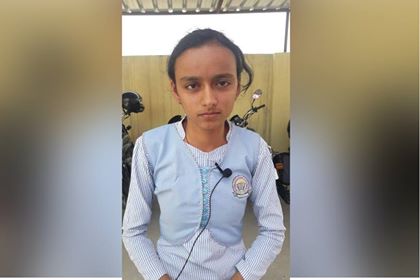The UP Board Class 10th and 12th results for the year 2019 have sparked a significant conversation about academic performance across different regions. In a surprising turn of events, students from smaller towns like Baghpat and Barabanki have outshone their counterparts from larger cities and prestigious schools. This article delves into the implications of these results, examining the performance metrics, the potential reasons behind this trend, and what it means for education in Uttar Pradesh.
Analysis of UP Board Results 2019
Performance Overview
The overall passing percentages for both Class 10th and Class 12th in the UP Board examinations were noteworthy. While the average passing percentage was around 80%, students from smaller towns demonstrated remarkable results, with some schools in Baghpat and Barabanki achieving passing rates upwards of 90%.
| District | Class 10 Passing Percentage | Class 12 Passing Percentage |
|---|---|---|
| Baghpat | 92% | 90% |
| Barabanki | 89% | 88% |
| Lucknow | 78% | 75% |
| Varanasi | 80% | 76% |
Factors Contributing to Performance
Several factors may have contributed to this unexpected outcome. A few notable ones include:
- Individual Attention: Smaller schools in towns may offer more personalized attention to students, leading to better comprehension and performance.
- Community Support: Families in smaller towns often stress the importance of education, fostering an environment conducive to academic success.
- Resource Management: Smaller schools may effectively allocate available resources to maximize student learning experiences.
Implications for Future Education
Rethinking Educational Strategies
The stark difference in performance raises questions about the educational strategies employed in urban schools compared to their rural counterparts. It suggests a need for reevaluation of teaching methods, resource allocation, and student engagement strategies in larger cities.
Focus on Skill Development
Moreover, this trend indicates that educational institutions in larger cities should shift their focus towards holistic skill development rather than mere rote learning, ensuring that students are adequately prepared for competitive environments.
Conclusion
The 2019 UP Board results showcase a paradigm shift in academic performance, highlighting the untapped potential in smaller towns like Baghpat and Barabanki. These results challenge preconceived notions of quality education and prompt a thorough examination of educational practices. Moving forward, it will be essential for educators and policymakers to draw insights from these developments to create an inclusive and effective education system that caters to the needs of all students, irrespective of their geographical locations.
